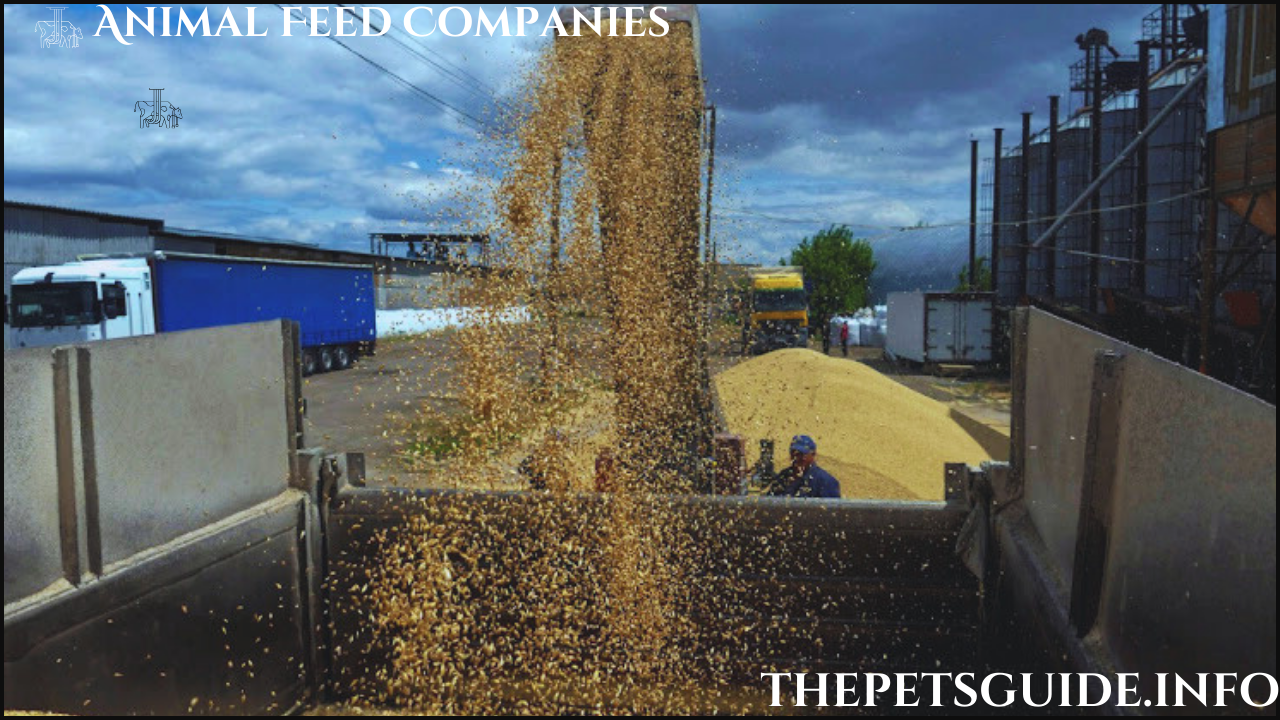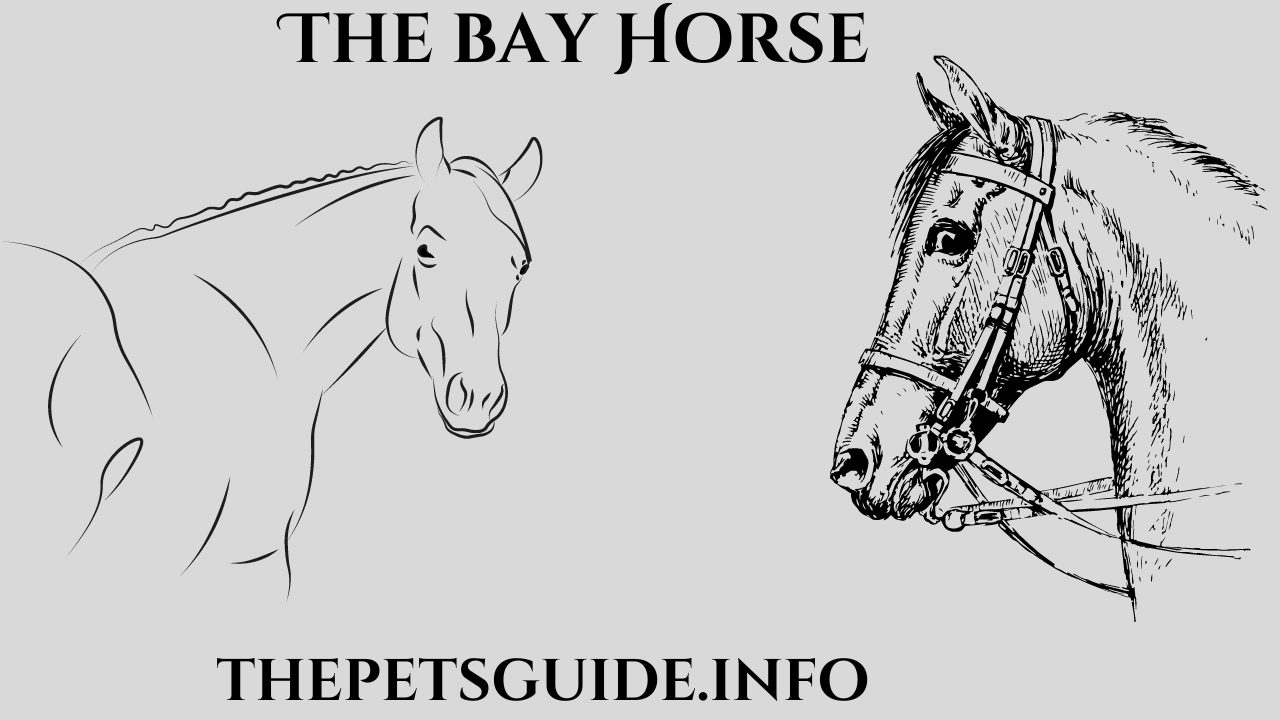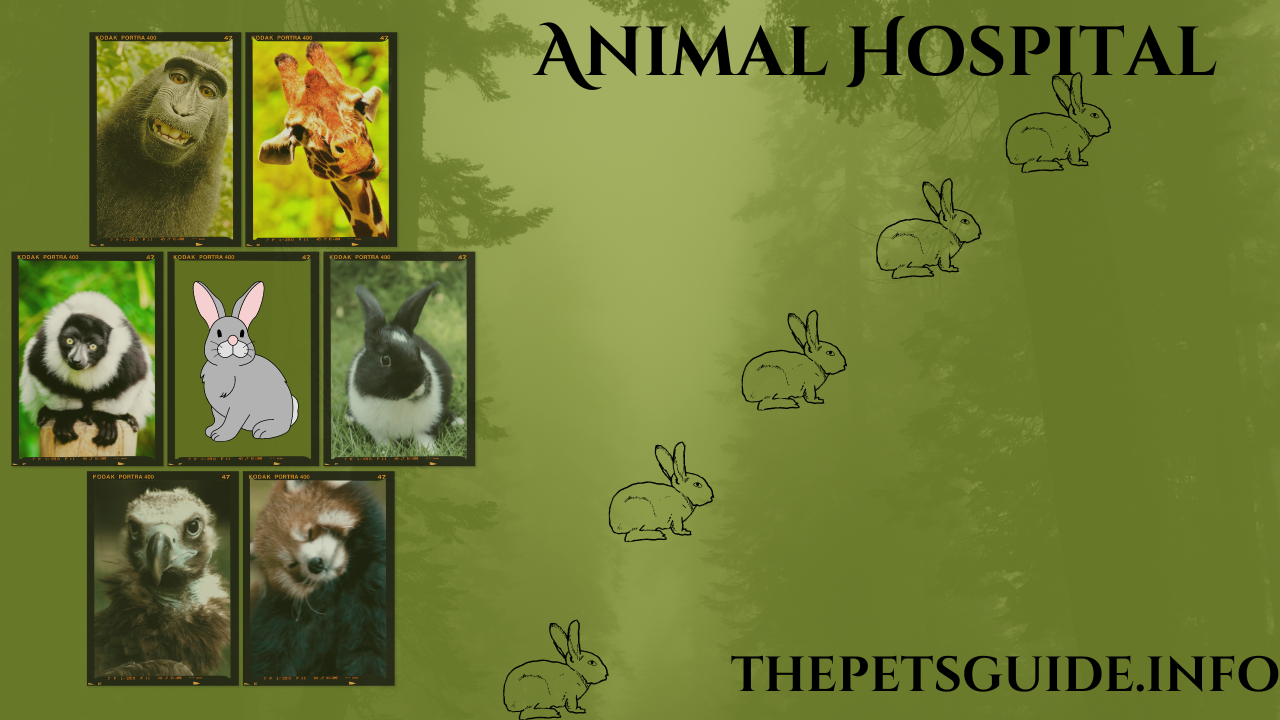
An animal hospital service is a medical care service provided by qualified veterinarians for animals that are intended for slaughter, such as cattle and poultry, as well as pets and livestock (such pigs and sheep). To keep animals healthy and happy, veterinarians can provide preventative care services like vaccinations and complimentary examinations.
In the event of an emergency, they can also administer first aid and, if required, refer animals to an intensive or specialist animal care facility. Additionally, owners of pets or livestock can get guidance from veterinarians on nutrition and animal behavior. They ensure veterinary inspections in various establishments, which is another way they get involved in food safety.
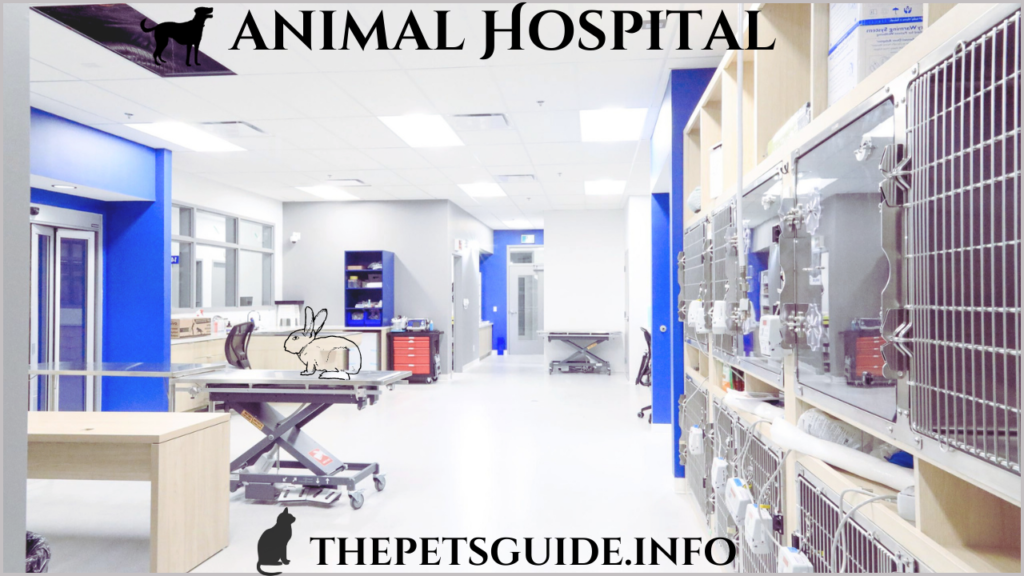
Animal hospital services
Animal hospital services are followed:
- Basic Services
- Internal Medicine
- Orthopedics, or the Treatment Musculoskeletal Disorder
- Soft Tissue surgery
- Neurology and Disorder of the Nervous System
- Exotic Animals hospital
- Ophthalmology
- Oral and Dental Clinic
Basics Services in Animal Hospital:
Primary care for pets includes inspections and immunizations, as well as sterilization and castration.
One aspect of ethical animal ownership is providing for the basic health needs of your pet.
Pet owners in any part of Finland can schedule an appointment at the general outpatient section of the Veterinary Teaching Hospital. On a veterinarian’s recommendation or after a visit to the general outpatient department, appointments might be scheduled if a pet requires considerable additional testing or surgery.
Health Examination:
The goal of health exams in animal hospital is to make sure pets may live as healthy and long lives as possible. Your pet should have their health evaluated at least once a year. Appointments for vaccinations are frequently combined with health checks.
Pets that are getting older and more prone to illness should especially have these exams done.
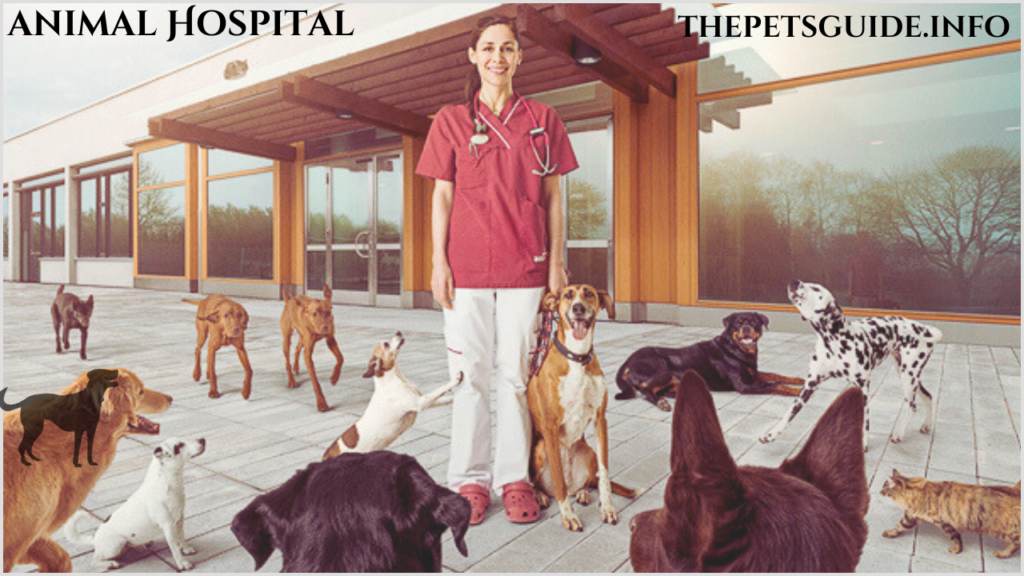
Annual physicals can frequently assist in detecting illnesses before any symptoms arise. Many disorders are treatable and their progression can be slowed down with the right medication and the adoption of the right diet.
Vaccinations:
Vaccinations are an easy approach to shield dogs from harmful viral infections and are a crucial component of primary animal treatment. This is why it’s critical that every pet receive the necessary vaccinations. To guarantee the necessary degree of protection, revaccination is crucial on a regular basis.
The pet must be in good health at the time of the vaccination in order for its body to respond to it and get the best defense against it.
In animal hospital animals must therefore be in good health, and vaccination appointments serve to check this.
Pet travel is subject to EU/national regulations, which should be investigated well in advance of the trip. It is necessary to talk about the risks because it is becoming more usual to travel with pets, which raises the risk of infection overseas.
Internal Medicine:
Internal medicine skills are needed to address a variety of disorders treated at the Veterinary Teaching Animal Hospital.
The Veterinary Teaching Animal Hospital internal medicine ward, which receives referrals from other Veterinary Teaching Hospital wards or from other veterinary clinics around Finland, is home to extensive internal medicine research projects.
Please get a referral from your veterinarian or schedule an evaluation at the Veterinary Teaching Animal Hospital general outpatient clinic if you would like additional research to be conducted at the internal medicine ward. Internal medicine exams and treatments use a variety of endoscopies, radiography, and ultrasound in addition to laboratory investigations. The hospital has endoscopes that are appropriate for performing stomach and respiratory tract endoscopies.
The Veterinary Teaching Animal Hospital central laboratory is capable of analyzing a broad range of samples, and the majority of findings are ready the same day. A specialized laboratory is available for quick identification of the key laboratory values impacting acute treatment during on-call hours. Orthopedics, or the Treatment Musculoskeletal Disorder:
Musculoskeletal problems are the main focus of the medical and surgical specialty of orthopedics. Lameness or trouble getting up are common symptoms of musculoskeletal problems.
Pain in the tendons, muscles, joints, or bones might be the cause of lameness. To determine the reason, a lameness examination is necessary. A thorough examination of the patient’s back, front and rear limbs, and joints comes first in this assessment, which also looks into the patient’s movements and structure.
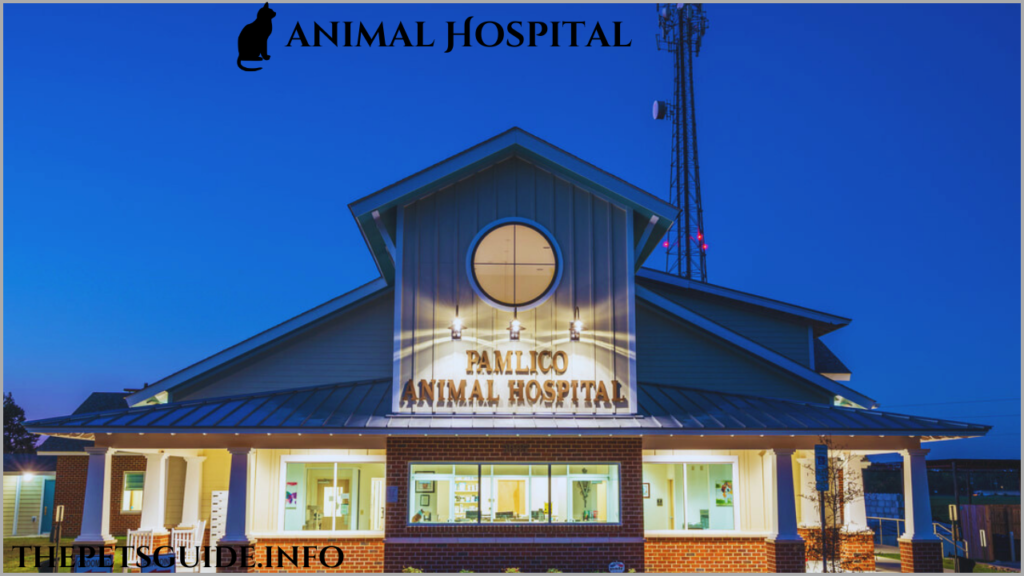
It is frequently decided to do additional tests, like an X-ray or CT scan, in light of the results. Muscles and tendons can be examined with ultrasound scanning. Samples of synovial fluid may be obtained if arthritis is suspected. Additional instruments employed. It is one of the best animal hospital service.
Soft Tissue Surgery:
When it comes to surgical treatment of the ear, nasopharynx, neck, chest cavity, heart, airways, digestive tract, urine, and sexual organs, we offer soft tissue surgery to dogs, cats, and exotic animals in the animal hospital.
High-quality pre- and post-operative care is frequently necessary for a successful surgical treatment outcome in the case of critically ill patients undergoing major surgical procedures. In the intensive care unit of the Veterinary Teaching Animal Hospital, this is feasible.
Effective pain management and safe veterinary anesthesia are essential for surgical procedures. During regular business hours, the anesthesia unit personnel at the Veterinary Teaching Animal Hospital provides anesthesia for all animals having surgical operations in animal hospital. For instance, among the surgical operations in which we specialize are those that involve the thoracic and abdominal cavities and include the following:
- lobectomy for the lungs
- closing of the arteriosus patent ductus
- Extrahepatic portosystemic shunt closure
- surgery on the gallbladder
- Management of ureteral abnormalities at birth
We are able to execute complex neoplastic surgery in addition to treating a high number of surgical patients with tumors. If necessary, we can also employ other types of skin grafts in skin surgery. The surgical removal of the ear canal in cases of persistent ear infections that do not improve with treatment, the shortening of the soft palate and the widening of the nares to relieve breathing difficulties in dogs with short muzzles, and surgical procedures of glands.
Neurology and Disorder of the Nervous System:
Seizures, discomfort, weakness, and limb paralysis are common signs of neurological illnesses in dogs and cats. Epilepsy and other back symptoms, including intervertebral disc issues, are the most often studied conditions. The Equine Hospital’s patients can also utilize the neurology clinic’s services.
Prior to receiving any treatment, patients are always subjected to a neurological examination that evaluates their cranial nerve function, spinal reflexes, postural responses, mental alertness, and pain sensitivity.
A portion of the spine, the peripheral nervous system, or a particular region of the brain may be the source of the issue, depending on the examination results. Next, it is decided if any more research is required. CT or MRI scans are further options for patients.
Diseases of the central and peripheral nervous systems are the two categories into which neurological disorders fall. The former encompass disorders of the brain and spinal cord, whereas the latter cover diseases of the muscles and nerve roots, peripheral nerves, and neuromuscular junctions.
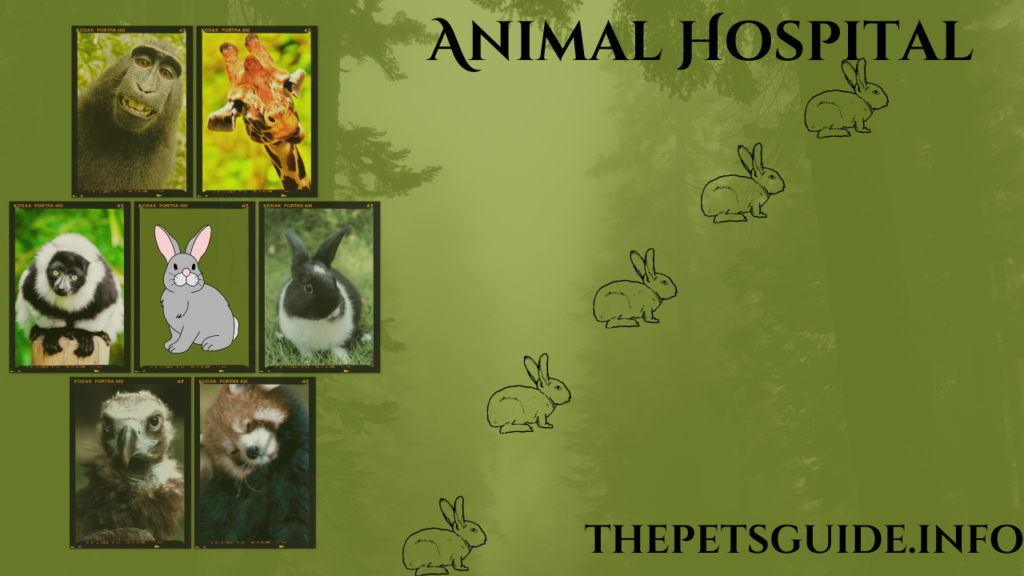
Patients frequently donate blood, have electromyograms, and, if required, have the conduction velocity of their peripheral nerves measured when illnesses of the peripheral nervous system are being studied. Exams may also involve muscle or nerve tissue samples.
Exotic Animal Hospital:
Marcus Candido is a veterinarian who works at the animal hospital. He studied endoscopy and has studied wildlife and zoo animal care at the University of California, Davis and the University of Georgia, Athens in the United States. Marcus started working with exotic animals and nature in 1999. He even served as the head veterinarian of a zoo for ten years, treating anything from spiders and birds to giraffes and elephants.
Since 2012, Marcus has used endoscopy for the diagnosis and care of exotic animals.
Furthermore, Marcus receives assistance from our authorized nurses at the exotic animal hospital. These nurses are skilled professionals with expertise in handling and caring for exotic patients safely.
Marcus Candido is a veterinarian who works at the animal hospital. He studied endoscopy and has studied wildlife and zoo animal care at the University of California, Davis and the University of Georgia, Athens in the United States. Marcus began his career in 1999 treating exotic animal hospital and wildlife.
He even served as the head veterinarian of a zoo for ten years, treating anything from spiders and birds to giraffes and elephants.
Since 2012, Marcus has used endoscopy for the diagnosis and care of exotic animals.
Furthermore, Marcus receives assistance from our authorized nurses at the exotic animal hospital. These nurses are skilled professionals with expertise in handling and caring for exotic patients safely. Ophthalmology:
Veterinary Teaching Hospital patients receive comprehensive eye exams at the ophthalmology outpatient clinic.
These always provide eye coverage for both. A limited general examination, assessment of the surrounding structures, evaluation of the surface and interior of the eye, including fundoscopy (bio microscopy, ophthalmoscopy), measurement of lacrimal fluid production and tonometry, and, when necessary, the collection of cytological and culture specimens are all included in an eye examination.
Most of the time, in a quiet setting, basic exams can be performed without drugs. In order to expedite examinations, our doctors are supported by veterinary nurses who are experienced in treating ocular illnesses and have developed a reliable regimen for our patients.
The following are additional tests that can be performed or provided, based on individual findings and needs:
- evaluation of the anterior chamber angle using gonioscopy
- determination of the eye’s refractive error (retinoscopy),
- assessment of the retina’s electrical responses (electroretinography, or ERG),
- and imaging tests (ocular computed tomography
- ocular ultrasonography,
Modern microsurgical instruments and techniques, such as laser surgery and cataract surgery (phacoemulsification), are used at the Veterinary Teaching Hospital to perform surgical procedures on the eye and surrounding tissues.
Animals and humans both suffer from numerous eye conditions. There are multiple hereditary illnesses of the eye’s various sections that affect dogs and, to a lesser extent, cats.
Watering of the eyes, changes in vision, and changes in the look of the eyes (such as red, hazy, or discharged eyes) are common causes for seeking medical attention. In order to prevent vision loss or damage to the eye itself, certain disorders, such glaucoma and major eye injuries, need to be treated as a way.
Any concerns about the eye should be checked out right away, especially if the eye is extremely irritated (signs of which include squinting, redness, watery discharge, and sensitivity to light), the surface of the eye is clouded, or the eye has somehow changed in appearance.
Oral Dental Cavity:
Patients from all over Finland are sent to the Veterinary Teaching Hospital’s dental and oral clinic.
We will determine whether to schedule the procedure right away based on the pet’s age and condition, or whether the patient should first go to the outpatient clinic for a check-up and any necessary blood tests that need to be conducted under anesthesia in order to receive dental treatment.
Treatment for disorders of the mouth and teeth includes the following
- Oral and dental examinations
- Radiography in dentistry
- Dental preventive
- Teeth extraction
- Malocclusion assessment and therapy for occlusion due to health concerns
- treatment using root canals
- Fillings for teeth
Patients from all throughout Finland are accepted at the Veterinary Teaching Hospital’s dental and oral clinic upon referral.
FAQS
What is the meaning of animal hospital?
Whether or not animals are maintained on the premises for treatment, an animal hospital is any structure or location used for animal diagnosis, surgery, or medical care.
What pets are used in hospital?
Therapy pets are animals that visit nursing homes, hospices, retirement communities, hospitals, and schools. While dogs are the most common type of therapy pets, cats, rabbits, guinea pigs, and horses are also suitable options. These adorable animals have excellent temperaments, are well-trained, and get along well with people.
What animal are used in pet therapy?
The most popular pets in pet therapy are dogs and cats. But other species that fit the screening requirements can also be employed, such as fish, guinea pigs, and horses. The choice of animal relies on the therapeutic objectives of the individual’s care plan.
What is pet used For Medical?
PET scans can generally be used to assess tissues and/or organs for the presence of illness or other disorders. PET can also be used to assess an organ’s function, like the heart or brain. The most widely used uses of PET are for cancer diagnosis and treatment evaluation.
What is pet treatment?
Known as pet therapy or animal-assisted therapy, this type of treatment helps patients rehabilitate from both physical and mental illnesses by using dogs and other animals, such as horses.
Conclusion
The veterinary teaching hospital‘s main goal is to provide undergraduate and graduate students enrolled in DVM, MPhil, and PhD degree programs with instruction and training. Moreover, it offers farmers and animal breeders clinical services. Medical, reproductive, surgical, and pet cases are all handled by this hospital.
Aside from this, during their enrolled clinical courses, DVM undergraduate students have been routinely visiting the hospital to receive hands-on training. Prompt identification and medical attention for sick animals (both contagious and non-contagious diseases), vaccination programs for animals and birds, and annual Farmer Day events at URF, Konte.
In this piece, I’ve listed the top 8 recommendations for animal hospital. It is my sincere wish that you find it to be really beneficial. Please utilize the website link to contact us with any questions you may have. With regards.
